India must build the capacity to make its G20 presidency in the future a success
Our Director of Research, Akshay Mathur provides his views on India’s G20 presidency in 2022 in an op-ed for The Indian Express. Read the full article here.
 Courtesy:
Courtesy:
Our Director of Research, Akshay Mathur provides his views on India’s G20 presidency in 2022 in an op-ed for The Indian Express. Read the full article here.
 Courtesy: Flickr/GovernmentZA
Courtesy: Flickr/GovernmentZA
South African president Cyril Ramaphosa, who is in India this week as the chief guest on Republic Day, and Prime Minister Modi both have elections on their minds, but the considerable diplomatic stakes in the bilateral relationship warrant his visit at this time
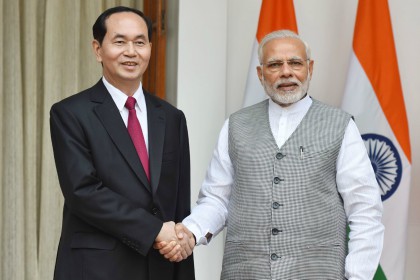 Courtesy: MEA Flickr
Courtesy: MEA Flickr
The following remarks were given by Ambassador Rajiv Bhatia, Distinguished Fellow, Foreign Policy Studies, Gateway House as the chair at a panel discussion on 'Geopolitics in the Indo-Pacific: Implications on Maritime Security for India and Vietnam', organised by the Centre for Indo-Pacific Studies, SIS, Jawaharlal Nehru University on January 22, 2019.
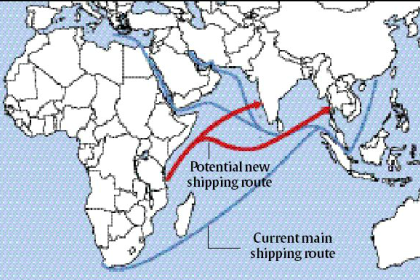 Courtesy: Bharat Shakti
Courtesy: Bharat Shakti
India and Japan, two countries wanting to enhance the quality of their engagement in Africa’s development, have historically taken fundamentally different approaches to the task. But now, both are being guided by geoeconomic imperatives in aligning their strategy in the region— and the Asia Africa Growth Corridor offers many opportunities for synergy at the B2B level
 Courtesy: Gateway House
Courtesy: Gateway House
The infographic illustrates the extensive G2G engagement between India and Japan, which undergirds the strategic partnership.
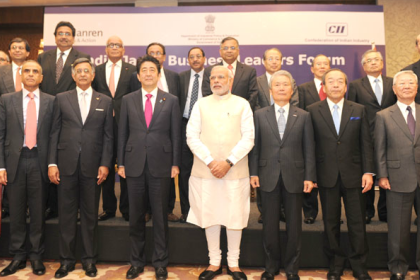 Courtesy: PM India
Courtesy: PM India
The reason for the two countries’ continued good relationship? They share strategic interests and universal values even if they have divergent ways of thinking
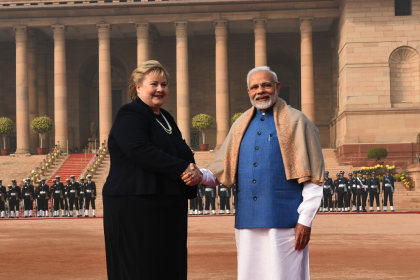 Courtesy: MEA Flickr
Courtesy: MEA Flickr
Norwegian prime minister Erna Solberg’s visit to India earlier this week had a central focus: strengthening economic and technological cooperation in the Blue Economy. This is an area in which her country has considerable expertise and with which Indian business needs to collaborate in managing industries, such as oil, shipping, fisheries and aquaculture in a ‘green’ way
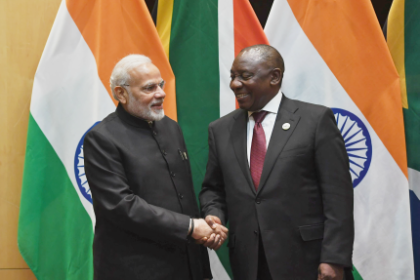 Courtesy: MEA/Flickr
Courtesy: MEA/Flickr
The following remarks were given by Ambassador Rajiv Bhatia, Distinguished Fellow, Foreign Policy Studies, Gateway House as a panelist at an Interactive Session with Reginah Makgabo Mahaule, Deputy Minister of International Relations, South Africa hosted by RIS on January 9, 2019
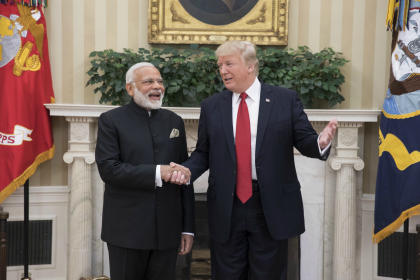 Courtesy: MEA Flickr
Courtesy: MEA Flickr
The imperative for India to move away from its non-aligned posture is now, especially if it wants to be consequential in the global reordering underway. This will play out in the contention between the U.S. on one side, and China and Russia on the other.
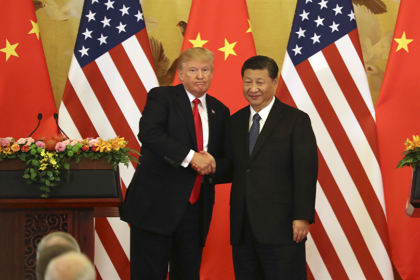 Courtesy: Sputnik News
Courtesy: Sputnik News
Speakers at the seventh Atlantic Dialogues, held in Morocco earlier this month, discussed what the challenge to western dominance and China’s expansionism meant for their political and economic future